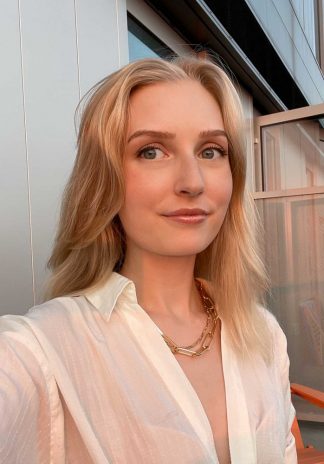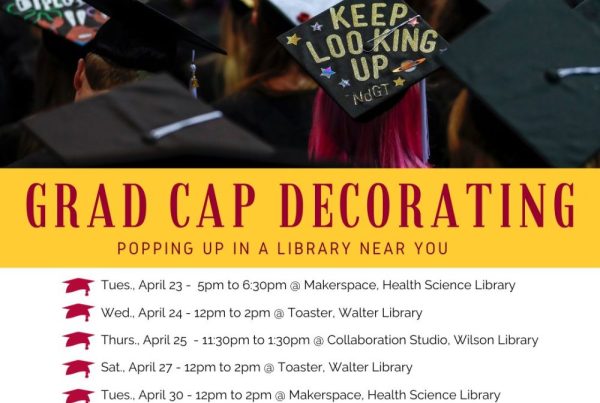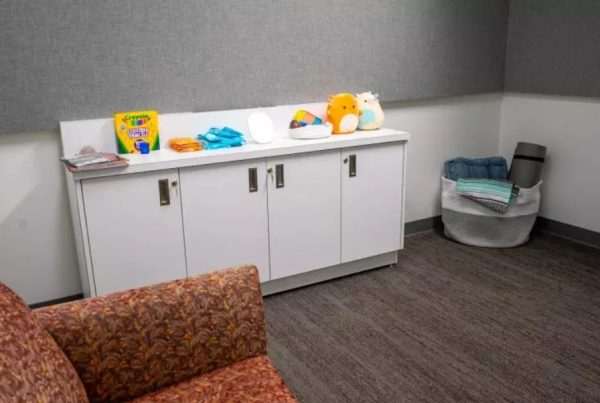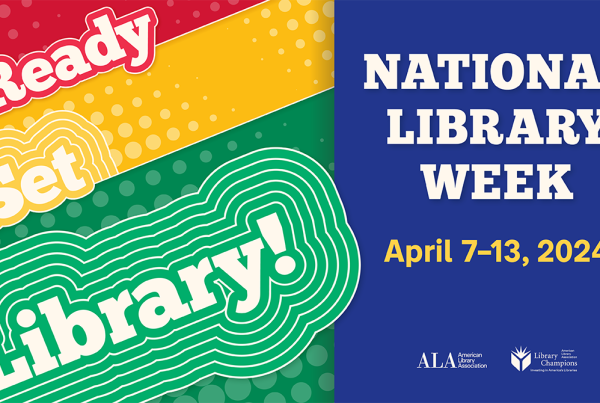By Allison Campbell-Jensen
To freshmen who wish to pursue research as undergraduates, Peer Research Consultant Natalie Paulson has clear advice: Don’t be intimidated.
Since 2009, the Peer Research Consultants (PRCs) have been working with students on research-related assignments, guiding them through sharpening their topics, improving their library research skills, and honing their assessments of the quality and reliability of evidence. In the 2019-2020 academic year, the PRCs added helping undergraduate students connect to the research community on campus.
“We’ll help them out, whether that is starting from scratch and finding somebody to work with, applying for UROP (Undergraduate Research Opportunities Program) or [arranging for] directed research — we help guide students to see what option is the best for them,” says Natalie Paulson, a senior majoring in computer science and one of five Peer Research Consultants in the Libraries’ program.
Paulson was one of two PRCs to present to 150 students in a biology course this spring. In addition, 72 of the 300 one-on-one consultations — all virtual — during this past academic year were about how to identify undergraduate research opportunities. This year, the PRCs saw an increase of 36% for these types of consultations.
Getting started
For many students, the first step typically is finding a faculty researcher with whom to work. Paulson often directs them to start with the Experts@Minnesota database.
“I’ll show them how to narrow the results down to faculty members that research in a field that mirrors the student’s personal interest,” she says. “From there, I’ll recommend that, on their own time, they skim through the publications of faculty members and narrow their list down to about five potential faculty mentors.”
“In most labs, the faculty mentors are going to be able to teach you everything you need to know.”
—Natalie Paulson
They will discuss how to reach out to faculty, and she can offer a sample inquiry email, if they want one. And she shares her own experience. “I always tell them I got my first research position as a freshman having held a pipette like once in my life,” Paulson says. A pipette is a small piece of lab equipment used for medical tests and research.
Being eager and willing to learn are most important to the faculty, she says, although having relevant experience or coursework would not hurt.
Says Paulson: “In most labs, the faculty mentors are going to be able to teach you everything you need to know. … They will tell you: ‘These are topics you should brush up on; these are papers I find really helpful.’ They will walk you through any necessary protocols.
“They are not going to allow you to touch anything before you’re ready.” They will ensure students are well prepared to work on the project.
The faculty mentors very likely had been undergraduate researchers and are excited to work with students, Paulson says. It’s a mutually beneficial relationship.
Benefits to students
“Research experience allows undergraduate students to better understand published works, learn to balance collaborative and individual work, determine an area of interest, and jump start their careers as researchers,” wrote Christopher Madan and Braden Teitge in 2013.
Paulson has been intrigued by some of their potential projects, but so far she has not been able to follow up with any students directly on their success in pursuing undergraduate research. Most have been satisfied with one appointment (although they could schedule another with her), and she receives feedback only via a form they fill out.
Still the new focus has been positively received in program feedback, as noted in the PRC’s report for the year. “The PRC was very helpful and gave me some good direction for selecting a mentor and a research project,” a student responded in a PRC feedback form. “In her follow up email she included relevant links to areas we talked about. I found her to be overall very insightful and appreciated her enthusiasm for students interested in research.”
As is Paulson, who encourages students to see faculty as approachable. “They are almost always super-nice,” she says.





